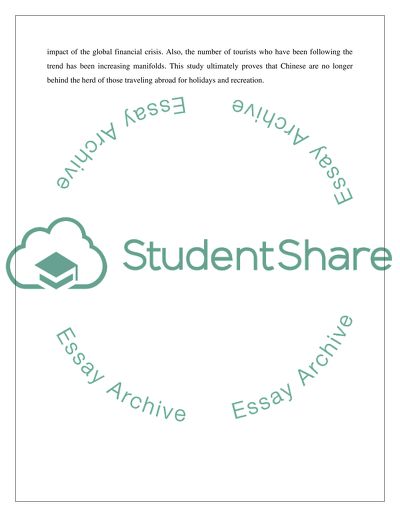Cite this document
(The Major Reasons Why the Chinese Are More Inclined towards Holidaying Research Proposal, n.d.)
The Major Reasons Why the Chinese Are More Inclined towards Holidaying Research Proposal. Retrieved from https://studentshare.org/tourism/1521846-tourism-in-china
The Major Reasons Why the Chinese Are More Inclined towards Holidaying Research Proposal. Retrieved from https://studentshare.org/tourism/1521846-tourism-in-china
(The Major Reasons Why the Chinese Are More Inclined towards Holidaying Research Proposal)
The Major Reasons Why the Chinese Are More Inclined towards Holidaying Research Proposal. https://studentshare.org/tourism/1521846-tourism-in-china.
The Major Reasons Why the Chinese Are More Inclined towards Holidaying Research Proposal. https://studentshare.org/tourism/1521846-tourism-in-china.
“The Major Reasons Why the Chinese Are More Inclined towards Holidaying Research Proposal”, n.d. https://studentshare.org/tourism/1521846-tourism-in-china.


